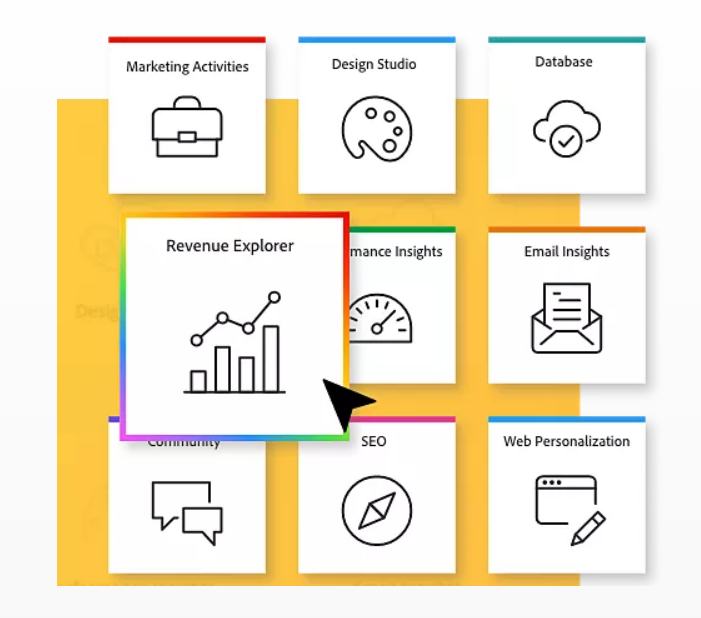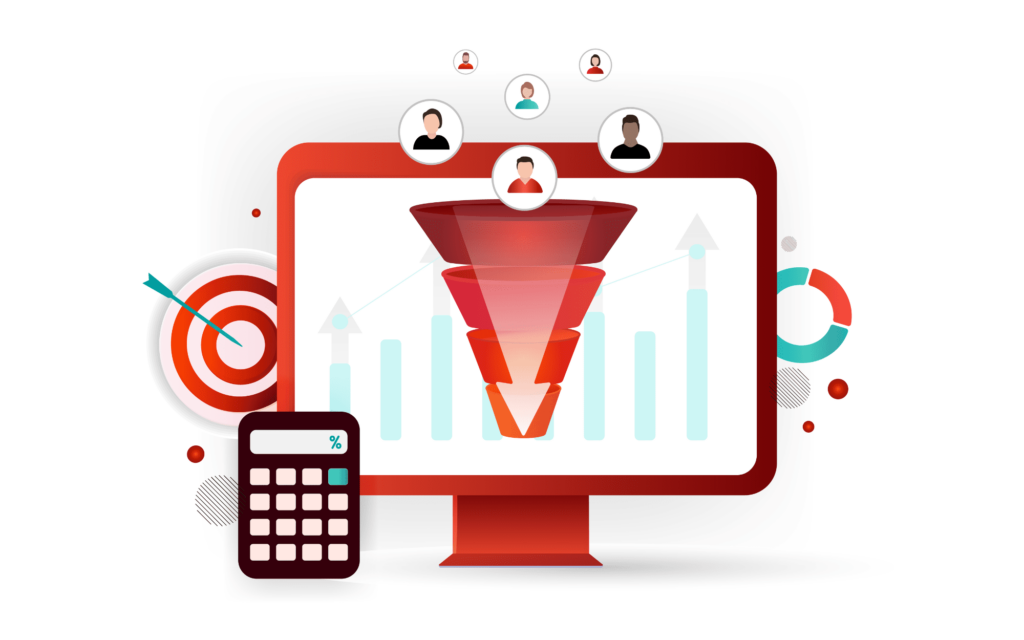In today’s competitive business landscape of approximately 333 million companies worldwide, converting leads into loyal customers requires a strategic approach beyond traditional marketing tactics.
You need to enter the marketing automation software market, a powerful tool that allows businesses to nurture leads and drive conversions with personalized, automated engagement.
Marketing automation for lead nurturing is about more than just sending emails. It’s about building relationships, cultivating trust, and guiding prospects through the buyer’s journey.
The Importance of Marketing Automation for Lead Nurture
Nurturing your strategies and automation efforts makes a huge difference in today’s competitive business space, where customers receive piles of marketing content every day. It’s about understanding what your customers need and when they need it.
From improving your sales to converting your prospects into loyal customers, marketing automation software simplifies this process by automating similar tasks, freeing up your marketing team to focus on creating high-quality content and engaging with leads on a deeper level.
The Strategies for Lead Nurturing
Effective lead nurturing requires a well-defined strategy that goes well with your overall marketing goals.
Here are some key strategies you might need to look into:
1. Segmentation: The Foundation of Personalized Nurturing
All your customers are unique. Although your product may target an age group, that does not mean they all behave the same way with your brand. A few such situations that make you think are:
- Some people might be your regular buyers, while others only buy from you occasionally.
- Some might purchase mixed products, while few only buy selected products.
- Some might buy products with a relationship between two items. If they buy bread, they will also spend on jam.
- Some people only buy simple items, such as bread without jam, pants without a shirt, or shoes without socks.
Since you have different categories of customers, you need to address each of their problems separately for effective marketing. Therefore, segmentation stands as the foundation of effective lead nurturing.
By dividing your customers into smaller, more manageable groups based on shared characteristics, you can personalize your messages to resonate with each segment’s needs and interests.
You see your chart going up as you become more personalized with your customers: higher engagement, improved conversion rates, and a more satisfying customer experience.
2, Personalized Content: The Art of Relevance
One of the primary reasons for the failure of the offline marketing industry is the lack of direct communication with the target audience’s pain points. All the advertisements and every strategy used to attract people are generic and talk to everyone.
The advantage of the internet is that you can bridge this difference by only talking to one segment of your target customers specifically. Most young people love trends and fashion today, so do you think they would show interest if you showed them the retro style?
Your personalization could be as simple as:
- Offering things to people based on their past shopping behavior.
- Showing additional buying options based on what they bought in the last month.
- Sending a foreseen personalized buying list that resonates with your specific segmentation.
Personalized and interactive content is the heart of lead nurturing. Gone are the days of generic mass emails. Today, your customers want content that speaks directly to their pain points and aspirations.
Analyzing your customer’s behavior is the solution to accomplishing this. Marketing automation software can help you track their behavior, preferences, and interests. Doing so will let you deliver highly personalized content. What your content looks like is also important in the digital age, so use slick tools, like high-design website builders or proposal creators to make all content as appealing as possible.
For example,
Marketo by Adobe deals with big brands with its lead-scoring tricks, personalized messaging, and data-savvy analytics. It smoothly joins with the Adobe gang, providing an effective solution for turning complex data into engaging and customized lead nurturing.
3. Multi-Channel Engagement: Expanding Your Reach
As technology is increasing, so are people in terms of spreading to any social platform that comes into the market. It means that your target customers are all over the internet. From emails to text messaging platforms like WhatsApp, they are everywhere.
You should be ready to meet the changes and capable of adapting to the updated industry soon to outperform your competitors. Some ways might seem overwhelming. Yet, they can be effective if implemented.
- Start by building lead nurturing strategies that will not just focus on boosting the customer base but also on something that can attract the right people.
- Start with one platform and grow on it. Once you have used that platform, then focus on the other platforms.
- Repurpose your content. It has been doing well for many creators out there, and that doesn’t demotivate you when creating something new for the new platform you are getting into.
- Post consistently on time. When it comes to growing on social media, consistency is the core pillar. Post regularly at a specific time so your audience knows when to expect your content.
In today’s digital world, consumers interact with brands across multiple channels. To effectively nurture leads, you must engage them across various platforms, including email, social media, websites, and mobile apps.
Automated lead nurturing software boosts this multi-channel approach, ensuring your messages reach your customers wherever they are at the right time they need them.
4. Data-Driven Optimization: Continuous Improvement
It’s not about how many pieces of content you deliver to your customers or the type of content you send. When you go to bed, numbers speak the truth about all your efforts: the number of new customers you have, the number of clicks your old customers make, and more.
You need to stay on top of your customer’s behavior to avoid losing out on a lot. So, understand how your customers in segmentations behave and gather all the information you can about them: emails, shopping nature, material status, and more.
- You can run a survey asking people about your delivery system.
- Ask them about ways in which you can improve your overall performance.
- Ask them to choose categories they would like to shop more in.
- Also, ask them to subscribe to your email newsletters to get exclusive content in their inbox.
By analyzing these data, you can gain insights into what content resonates most effectively, identify areas for improvement, and optimize your lead nurturing campaigns over time. Personalized marketing automation strategies can provide informational data about lead behavior and engagement.
7 Ways to Effectively Nurture Leads with Marketing Automation
Implementing automated marketing software into your system successfully involves the following steps:
- Create a Nurturing Journey: Map out a multi-stage nurturing journey that guides leads through the buyer’s cycle.
- Segment and Personalize: Divide leads into segments based on demographics, behavior, and interests. Then, deliver personalized content to each group.
- Trigger Automated Emails: Set up automated email sequences that engage leads based on their actions and interests.
- Utilize Dynamic Content: Personalize emails and landing pages with content that reflects each lead’s unique data.
- Incorporate Social Media: Leverage social media automation to engage leads on platforms they visit frequently.
- Track and Analyze Performance: Monitor lead engagement metrics and optimize campaigns based on data insights.
- Integrate with CRM: Integrate marketing automation software with your CRM to maintain a single source of information for customer data.
Conclusion
Any marketing approach that uses lead nurturing is more likely to succeed. By leveraging marketing automation software, businesses can effectively engage leads, build relationships, and drive conversions. With personalized content, automated follow-ups, and data-driven optimization, marketing automation allows firms to convert leads into loyal customers, boosting long-term growth and success.




